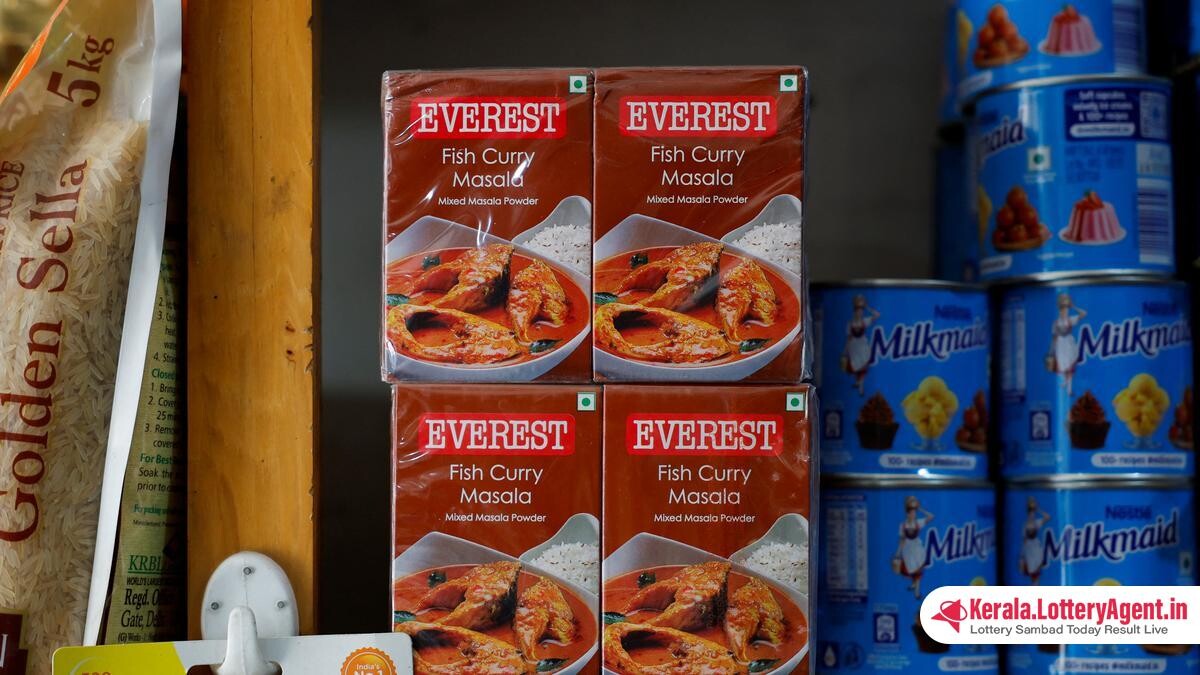
In a concerning development for the Indian spice industry, which stands as the largest producer, consumer, and exporter of spices in the world, India has actively engaged with food safety regulators of Singapore and Hong Kong following a recent ban on specific spice products from renowned Indian brands MDH (Mahashian Di Hatti) and Everest. The two cities have raised quality concerns that prompted this significant move, casting a shadow on the pristine reputation of India’s spice exports.
The root of the issue lies with the alleged presence of the pesticide ‘ethylene oxide’ in quantities surpassing the limits considered safe for consumption. In response to the bans, the commerce ministry of India has taken swift action by enlisting its embassies in Singapore and Hong Kong to gather a comprehensive report on the situation. Indian officials have also made a concerted effort to obtain an in-depth analysis and technical specifics from both the accused companies and the embassies. In particular, the commerce ministry has honed in on ascertaining the origin of the rejections and the subsequent measures that will be taken in conjunction with the exporters to rectify the situation.
Further steps included reaching out directly to the Singapore Food Agency and Hong Kong’s Centre for Food Safety, as well as the Food and Environmental Hygiene Department. The ultimate goal is to unearth a detailed explanation for the rejection of spice shipments and to build a coherent strategy moving forward.
To confront this issue more holistically, an industry consultation is on the agenda, with the motive to deliberate over the necessity of conducting mandatory ethylene oxide testing prior to dispatching spice shipments specifically to Singapore and Hong Kong. The intent is to prevent future bans and ensure that all exports comply with international safety standards.
Meanwhile, the Spices Board of India, which acts as a watchdog and promoter for the Indian spice industry, is scrutinizing the sudden prohibition imposed by the regulatory bodies of Hong Kong and Singapore on four spice-mix products from MDH and Everest. As part of the preventive measures, the Hong Kong food safety regulator has unequivocally advised consumers against purchasing these products. Meanwhile, the Singapore Food Agency has necessitated a recall of the contentious products to protect its populace.
The implications of this ban could be far-reaching, given that in the fiscal year 2022-23 alone, India’s spice exports neared a staggering ₹32,000 crore in value. Some of the country’s most significant exports include chilli, cumin, spice oils, oleoresins, turmeric, curry powder, and cardamom. A prolonged ban or a tarnished reputation could adversely affect not just the economic balance but also the trust that international markets place in Indian spices, a staple ingredient in cuisines worldwide.
In conclusion, the Indian government is showcasing a proactive stance in addressing and resolving the bans imposed on its spice products by engaging with all parties involved. The swift actions underscore the importance of maintaining the integrity and safety of its exports. By deploying diplomatic and regulatory channels, India is emphatically moving to safeguard its position as a global leader in spice production and exportation, while ensuring that its practices meet the rigorous safety standards demanded by importers and consumers alike.












